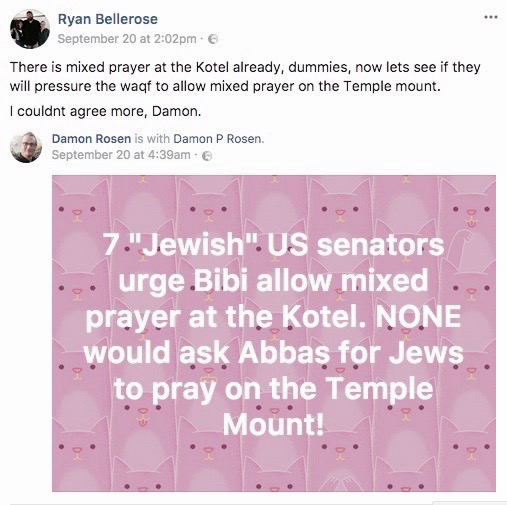So I tried to create a spread to determine if working with this counselor would be beneficial. (I selected The High Priestess as the counselor's significator, because she's a guide and because she has very black hair.)
 |
| First reading |
- As I approach, does she want to help me? 5 Swords
Not a pretty card, it usually indicates a mean person, a "sore winner," who enjoys inflicting both defeat and humiliation. This doesn't look like the image of a spiritual counselor; maybe it's saying more about me as I approach her. Is there any indication that my situation would make me an "attractive" client to her?A positive spin would be that she wants to take negative thoughts (swords) from me. - Does she have the resources to help me? Queen Swords
Her rank indicates she has the experience to help, her sword indicates she has the knowledge and communication skills to help, and her open hand may suggest that she wants to help. But what might she do with the sword in her right hand if I reach for her left hand? - Can she intuit what help I need? 6 Wands
The card suggests that as long as I’m cooperating with her, she’ll be able to successfully intuit any needs that I am unaware of or unable to articulate. - Will working with her put me on the right path? Tower
This can be a terrible card, but could be interpreted positively, as enlightenment and recognition of what part of my foundation needs to be replaced.
I realized that, in the first reading, I'd committed the cardinal error of asking yes/no questions, so I did a second spread, which included a significator for myself, the Four of Wands, which appeared in a reading earlier today. I understood it to mean that my energy and creativity are restricted.
 |
| Second reading |
These were my questions for the second reading:
- What does the counselor want from me? 10 of Pentacles
The cynical part of me answered: 'She wants my coins.' The more creative part of me thinks she's seeking wholeness, both for me and for herself. - What do I want from her? 8 Strength
Self-awareness, inner strength, a connection to my feelings, the integration of my conscious and unconscious. - What can the counselor offer me? 7 Chariot
Encouragement to get back on the horse and move forward, and an idea of what direction to go. - What can I gain from working with her? 3 Empress
Creativity, self-love, and a sense of self worth. - What she cannot give me: 8 of Swords
She cannot free me; I have to do that myself. - Outcome of our work for me? 2 of Swords
Usually a negative card, but here it might mean recognizing what my choices are, examining my feelings and intuition, and then balancing those with rational decision making, so I can get off the ruin and move to a better place.
EDIT: Oephebia had some additional ideas about both readings. In summary: Make sure the counselor is a compassionate person. Avoid being rigid; I must be willing to change and move forward without looking back.




























